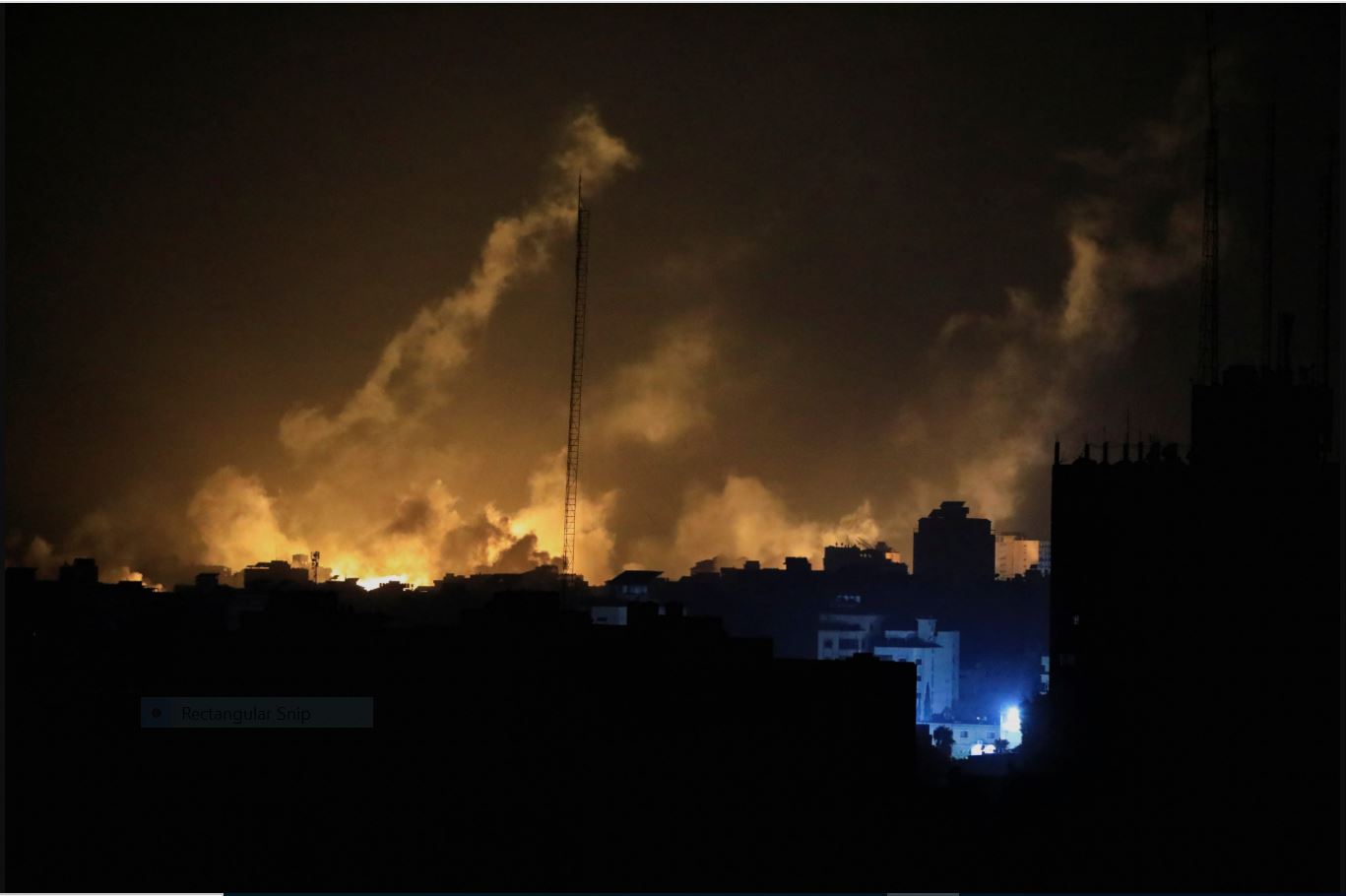Egypt will host the World Urban Forum in Cairo in 2024
Cairo – In November of next year, Egypt will host the 12th World Urban Forum, or WUF, which will bring together renowned specialists to examine the global housing crisis.
The venue was revealed during the first session of the executive board of the UN Human Settlements Program, known as UN-Habitat, held this year in Nairobi, Kenya, on 28 and 29 March.
Egypt’s ambassador to Kenya and permanent representative to UN-Habitat, Wael Nasr El-Din Attia, reaffirmed his country’s support for the programme’s work under the current executive director.
According to Nasr El-Din Attia, recent estimates reveal that 69 percent of Egyptians would live in cities by 2041, necessitating a stronger commitment to urban development initiatives.
He stated that Egypt is trying to ensure that the WUF reflects the interests of developing nations in urban development, in line with the UN Sustainable Development Goals.
He emphasised the importance of providing more support to the programme’s regional offices and increasing the number of country offices in developing countries.
He suggested that more human resources be allocated to the programme to assist countries in submitting national reports in support of the New Urban Agenda’s implementation.
The ambassador also discussed the most essential areas of cooperation between the government and UN-Habitat, the most important of which is the implementation of the president’s “Decent Life Initiative.”
The president’s $35 billion project aims to enhance the lives of the 58 percent of Egyptians who live in rural areas and slums.
The Cairo conference will expand on the outcomes of the 11th World Urban Forum and the ministerial conference held on the margins of COP27 in Sharm El-Sheikh, which addressed urban development and climate change.
The World Urban Forum, organised by UN Habitat, is the world’s largest gathering to address urban development issues.
The WUF is held every two years and attracts tens of thousands of governmental, business sector, regional and international financial institutions, and civil society leaders.
According to its website, the UN established the WUF in 2001 to address one of the world’s most important issues: growing urbanisation and its impact on communities, cities, economies, climate change, and policy.



